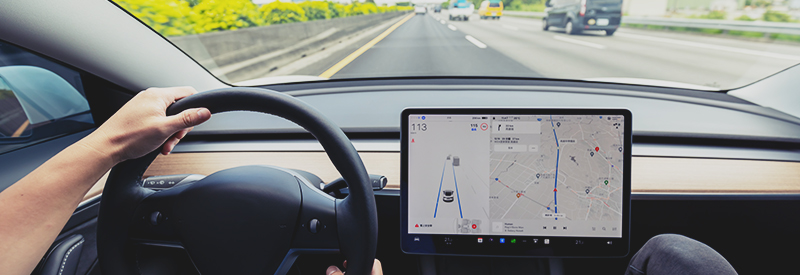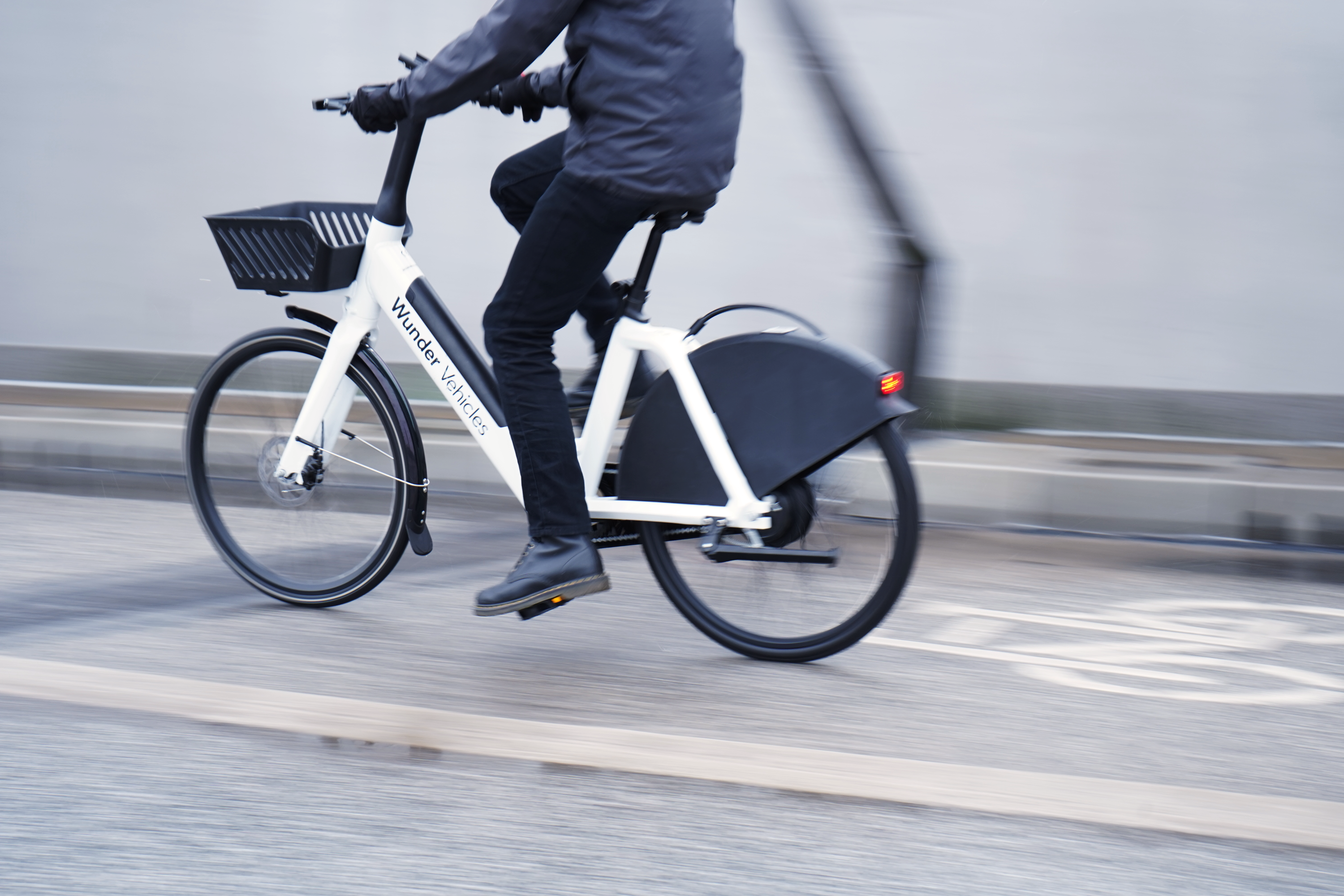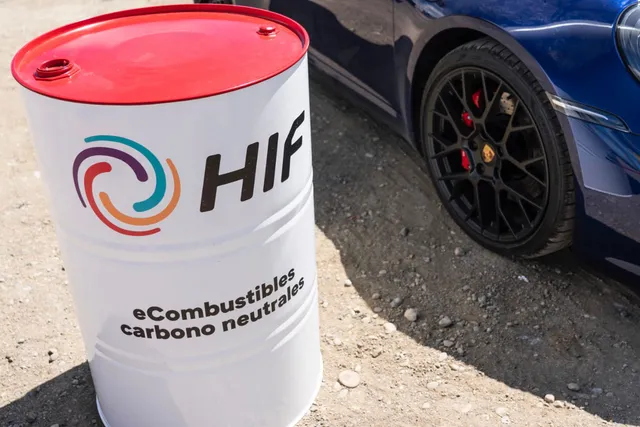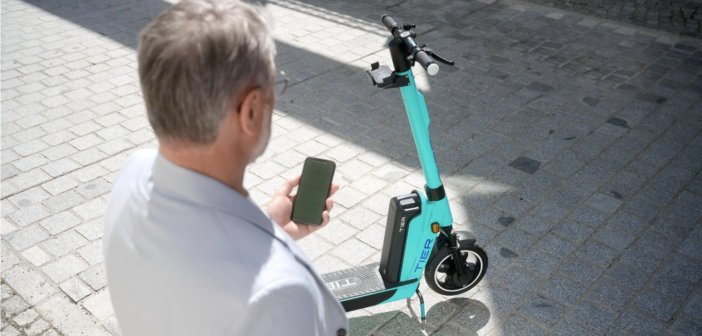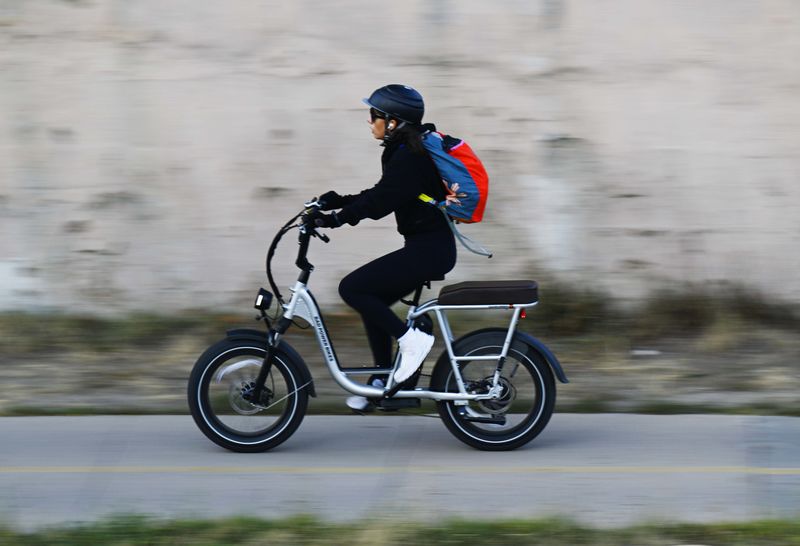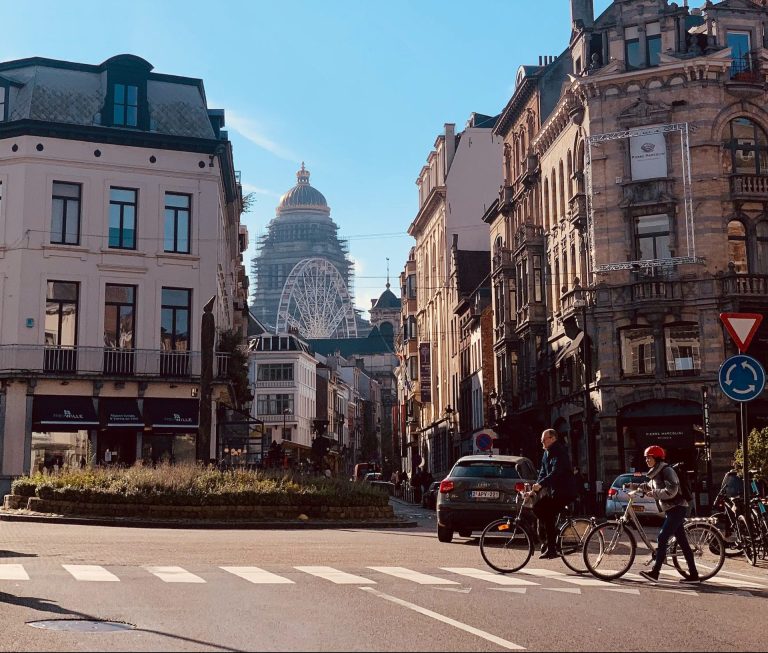
New mobility services, including bike and e-scooter rentals, car-sharing, and smart parking systems, are rapidly expanding and have the potential to reduce congestion, pollution, and reliance on privately owned cars. City governments are supporting these services by providing bike lanes and incentives to encourage their adoption. However, effective rollout and integration of these services with existing mass-transit networks require careful planning, which is not always happening.
The lifestyle changes brought about by the pandemic have further complicated this task, as the use of new mobility services has accelerated in some cities. The global annual revenue of popular new services is expected to reach $660 billion by 2030, up from $260 billion in 2020. While the growth of these services was not problematic during the pandemic when mass-transit was limited, the increasing competition between new and old mobility is now a significant challenge as efforts to bring workers back to offices intensify, leading to more congested streets and trains.
\MORE INFO: The Smartcity Journal
\IMAGES FROM: The Smartcity Journal








































